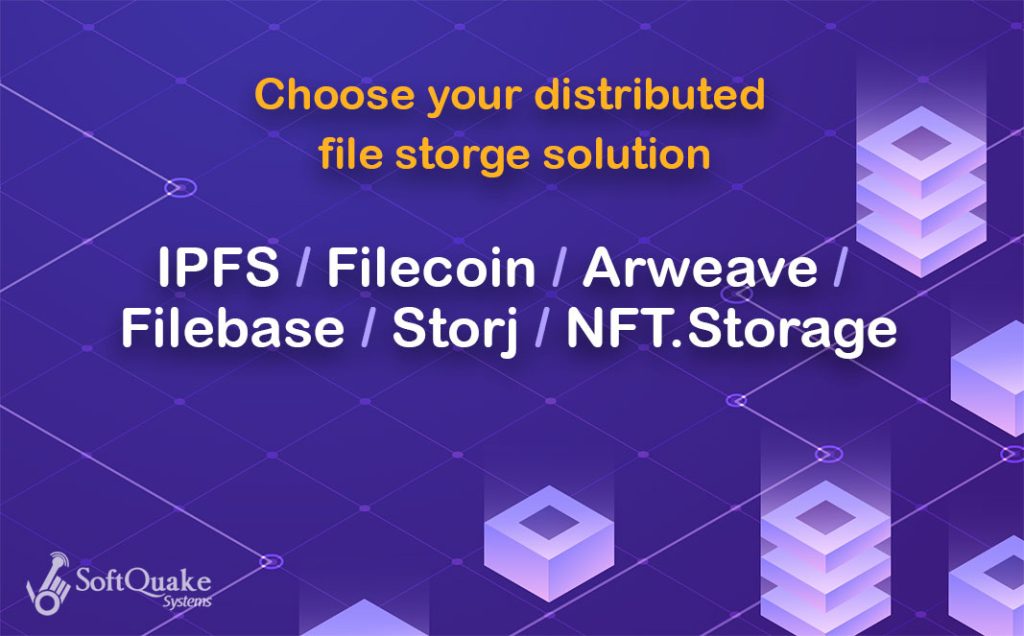Blockchain technology is poised to revolutionize the insurance industry by offering a more efficient, transparent, and secure ecosystem.
Transforming Insurance with Blockchain
- Smart Contracts: Automated agreements can streamline claims processing. When a pre-defined condition (like an accident) is met, the smart contract automatically triggers a payout, eliminating delays and paperwork.
- Fraud Detection: Blockchain’s immutable ledger makes it difficult to tamper with data, reducing fraudulent claims and improving risk assessment for insurers.
- Improved Data Sharing: Secure data exchange between insurers, healthcare providers, and other stakeholders can expedite claims processing and prevent errors.
- Faster Claims Processing: Automation and reduced paperwork lead to faster claim settlements, improving customer satisfaction.
- New Insurance Products: Blockchain can enable innovative products like parametric insurance, where payouts are based on pre-determined metrics instead of traditional claims processes.
The Future of Blockchain in Insurance
- Wider Adoption: As the technology matures and benefits become evident, more insurance companies will embrace blockchain solutions.
- Consortium Blockchains: Industry-wide collaborations can lead to the development of permissioned blockchains specifically designed for the insurance industry’s needs, addressing scalability and privacy concerns.
- Regulatory Frameworks: Clear regulations around data privacy and ownership on blockchain will be crucial for wider adoption.
- Focus on User Experience: Developing user-friendly interfaces and applications will be essential for both policyholders and insurers to easily interact with blockchain-based insurance platforms.
Challenges and Considerations
- Integration with Existing Systems: Integrating blockchain with legacy insurance systems can be complex and require significant investment.
- Scalability: Current blockchain platforms might struggle to handle the high volume of transactions generated by the insurance industry.
- Standardization: The lack of standardized data formats across the insurance industry can hinder seamless data exchange on a blockchain network.
- Security Concerns: While inherently secure, vulnerabilities in specific blockchain applications or user errors can still pose risks.


 +91 8420731759
+91 8420731759















